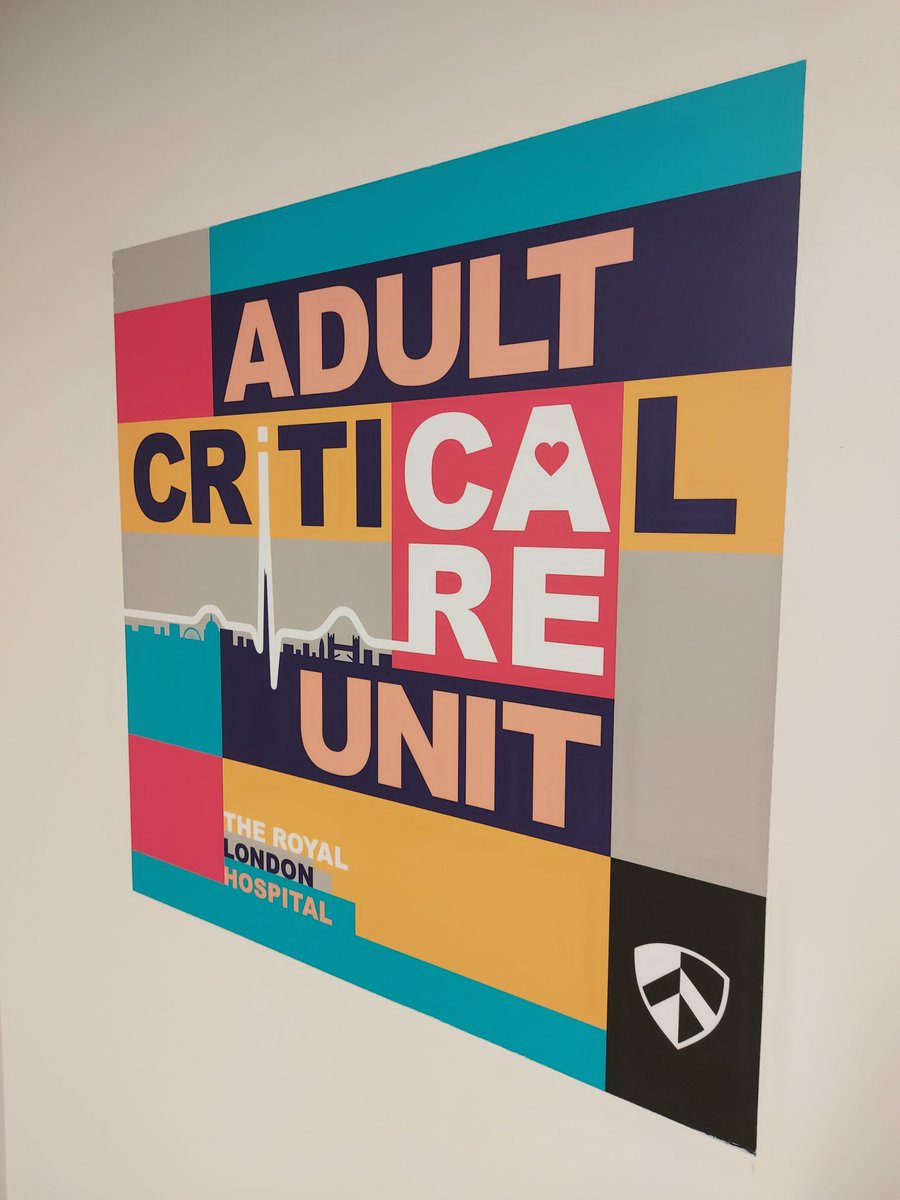
On call this weekend for @teamaccu @RoyalLondonHosp looking after our COVID patients in ICU. Reflecting on the new low that a small minority of doctors/scientists have reached in using their professional credentials to promote a bogus political agenda on public lockdown. 1/7 

This very grandly named 'Great Barrington Declaration' is not, in my view, science or anything close to it. Once again we see doctors and scientists with low level leadership roles within our profession using their voice to pursue a political agenda. 2/7
This has happened repeatedly during the pandemic. Back in March I commented on the vast array of doctors and scientists writing letters and giving interviews on a subject far outside their fields. 3/7
https://twitter.com/rupert_pearse/status/1239169891342696448?s=20
This statement from the president of @acmedsci nicely explains explains the concerns that many doctors have with the over-reporting of this minority opinion within the scientific community: acmedsci.ac.uk/more/news/navi… 4/7
Medicine and science are extremely broad professions. Even within disciplines, individual fields are highly specialist. It's easy for doctors and scientists to misrepresent their expertise to project credibility for arguments which sound like science but are in fact politics. 5/7
Perhaps surprisingly, this doesn't often happen in normal times. But things have gone a bit crazy during the pandemic. A small minority of highly vocal doctors have repeatedly used their professional influence to promote political policies and minority scientific views 6/7
I am an expert in intensive care medicine. I can explain what I know, and will highlight the ideas of other experts who I trust. My private views will remain just that. I will never use my professional credentials to promote bogus ideas for personal gain. 7/7
• • •
Missing some Tweet in this thread? You can try to
force a refresh


